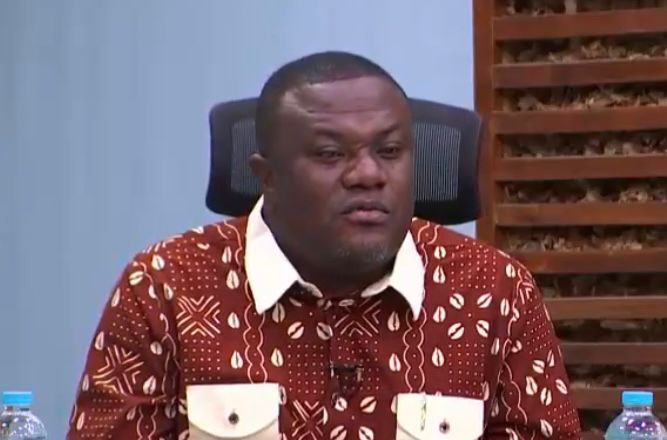The Member of Parliament for Afigya Kwabre North, Collins Adomako-Mensah, has urged government to enforce uniform forex rates across markets to reflect the realities on the ground.
Currently, the cedi is trading at around GHS10 on the interbank market and selling at about GHS12 on the retail market.
Speaking on Accra-based Channel One TV’s Breakfast Daily on Monday, July 28, the NPP lawmaker expressed satisfaction with the cedi’s appreciation but raised concerns about disparities between official figures and market rates.
“I’m very happy about it. I want to commend the minister and the government for the efforts they’ve put in to ensure that at least the official Bank of Ghana rate is still holding around GHS10,” he said.
“The worry is that there seems to be some disconnect with the official figures and what is happening on the ground… the managers of the economy should quickly take steps to ensure they align the rhetoric with the reality on the ground.”
Mr Adomako-Mensah also noted the scarcity of the currency on the market, saying that limited access at the banks is forcing people to patronise the black market at inflated rates.
“Most people are complaining that, yes, the rate is 10, but the banks don’t get the dollars for them, so they have to resort to the black market. Interestingly, sometimes when you go to the bank, the bank managers will direct you there. And they’re selling at 13, 13.2, 13.3 — which is higher than the official rate,” he observed.
Meanwhile, the Deputy Chief Executive Officer of the National Identification Authority (NIA), Alhaji Mohammed Nasiru, has asserted that the claims of a dollar scarcity in the country is misleading.
Speaking on Channel One TV’s Breakfast Daily on Thursday, July 24, the NIA Deputy CEO said the Bank of Ghana (BoG) has made adequate reserves, and what is being experienced is the result of a more rigorous verification process designed to curb money laundering and protect the cedi.
According to Alhaji Nasiru, the current regime requires traders and investors to present legitimate documentation to back their forex requests, especially for essential goods.
He explained that this policy, though strict, is necessary to weed out bad actors in the system.


